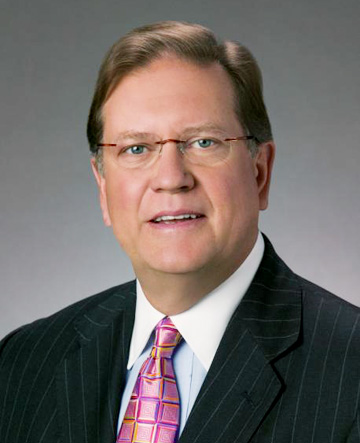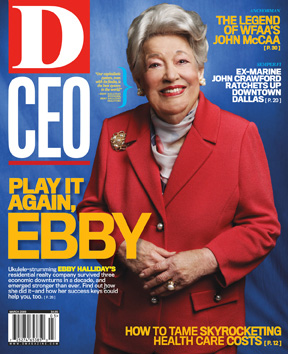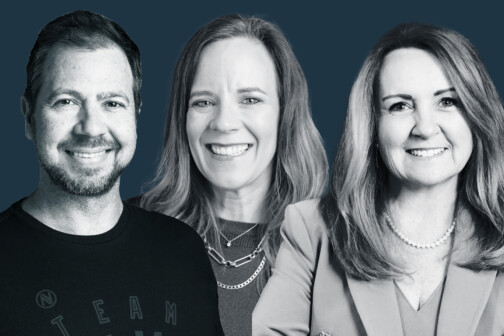1. How’s business been?
Business has been very positive for us right up until third quarter of 2008, when we saw some change in our reserves. They were not immune to what everybody else had in terms of reductions, particularly on the equity side. So it will have some overall net revenue impact.
We’ve also seen some modification [in patient volume]. Some with insurance are saying, ‘I’m going to use my insurance to get my health care now, because I feel I might lose my job and therefore lose my insurance.’ Others with insurance are saying, ‘I’m not going to use the health care system … because I don’t want to pay the deductible and the co-pay.’ They’d rather use the money for things that may be more imminent. For people without insurance, there’s been no real change.
2. Is that split approach among the insured something new?
It’s part of the overall insurance issue that we’re dealing with today. As the costs shift from those who can’t pay to those who can pay, that causes the employers who are providing health insurance to increase the deductible and the co-pay. It puts more on the consumer, the employee, and so they’re a lot more conscious now about buying health care service.
3. Is employer-based insurance still the best way to go?
When I came to Dallas in 1970, employers would usually pay 100 percent of insurance for employees and their families. As it’s changed through the years, and as we look forward to national health care reform—which we must have—I think the employer-based process needs to stay in place, along with some other balancing acts with the government. We have some proposals now called pay or play—you either pay for some level of insurance for the nation, or you play by participating with your own employee. So employers are going to be in this one way or another. Where’s the blend? That’s the answer we’ve got to find. We’ve got to do something, because costs continue to rise at a significant level; the number of uninsured and underinsured continues to rise. In addition, we continue to fail to focus on prevention and wellness and finding ways for more personal accountability in terms of people’s health.
4. Why is that?
The reason [we haven’t incorporated health and wellness into our system] is that nobody pays for it. We spend more than any other country in the world, and yet our statistics with respect to outcomes aren’t that great. So we’ve got to find some balance here where individuals become accountable for their health, and we provide them with the means—up-front screenings, education, focusing on the major disease entities—to create healthier communities.






